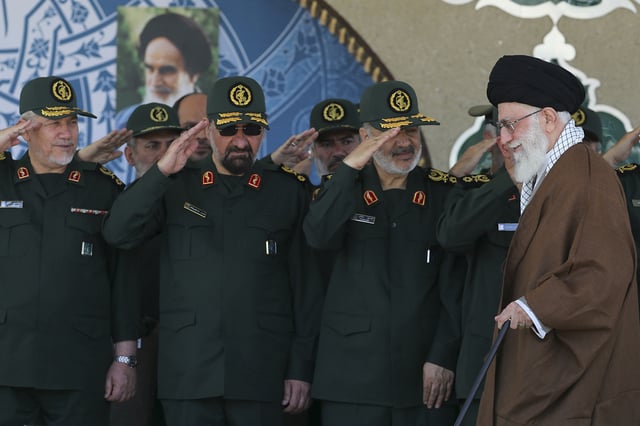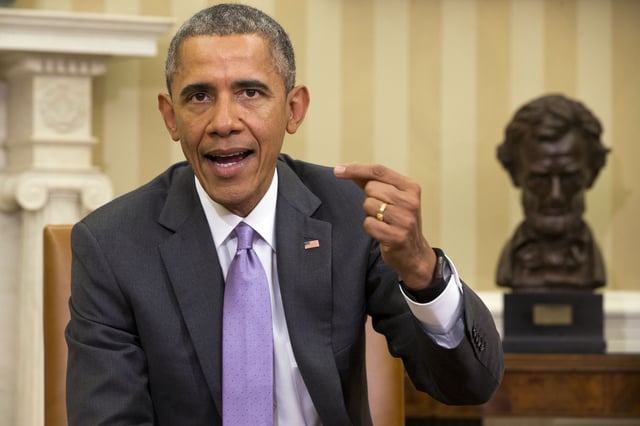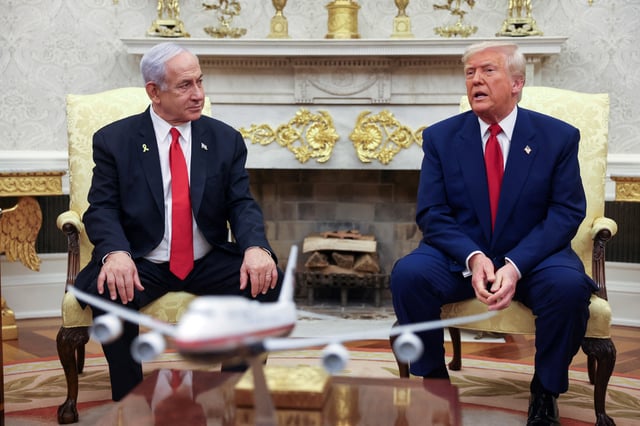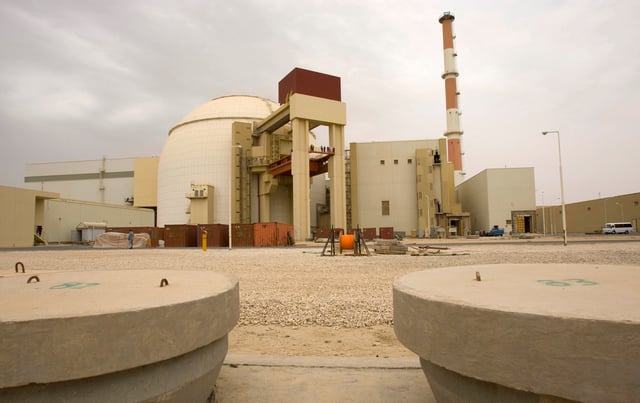Overview
- The fourth round of U.S.-Iran nuclear talks, scheduled for May 3 in Rome, has been postponed, with no new date set, according to Omani mediators.
- The delay follows fresh U.S. sanctions targeting Iran's oil and petrochemical trade and renewed threats of military action from President Trump and Defense Secretary Pete Hegseth.
- Iran insists on its right to uranium enrichment under the Non-Proliferation Treaty, rejecting U.S. demands for a complete halt to enrichment activities.
- Negotiators were discussing a potential 25-year framework modeled on the 2015 JCPOA, including stricter verification measures and limits on uranium stockpiles and centrifuge types.
- Regional tensions remain high, with Iran accusing the U.S. of provocative behavior and expressing concerns over potential Israeli military action against its nuclear facilities.



